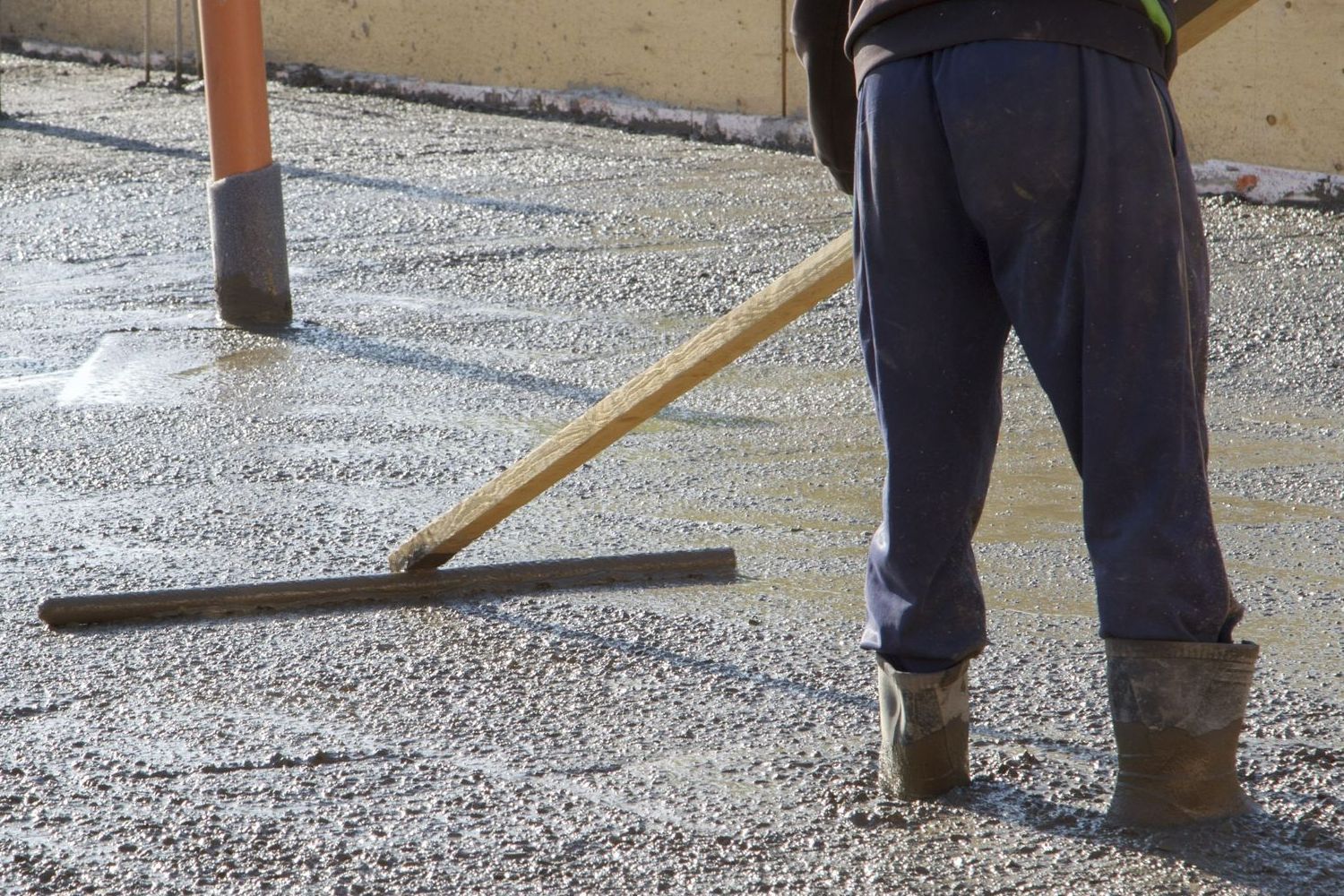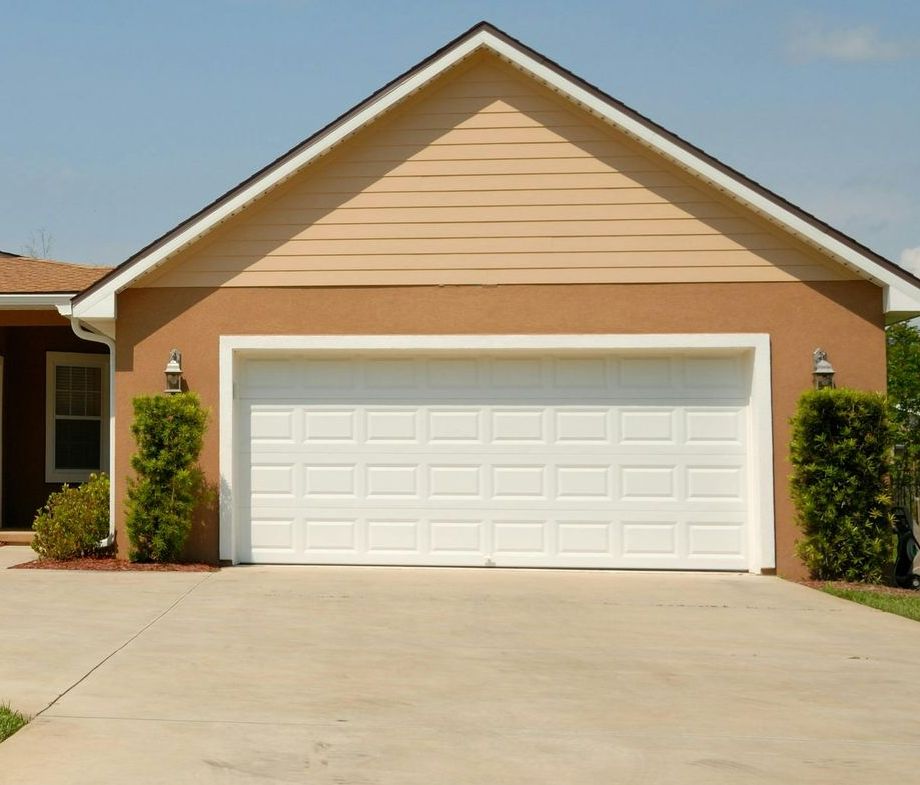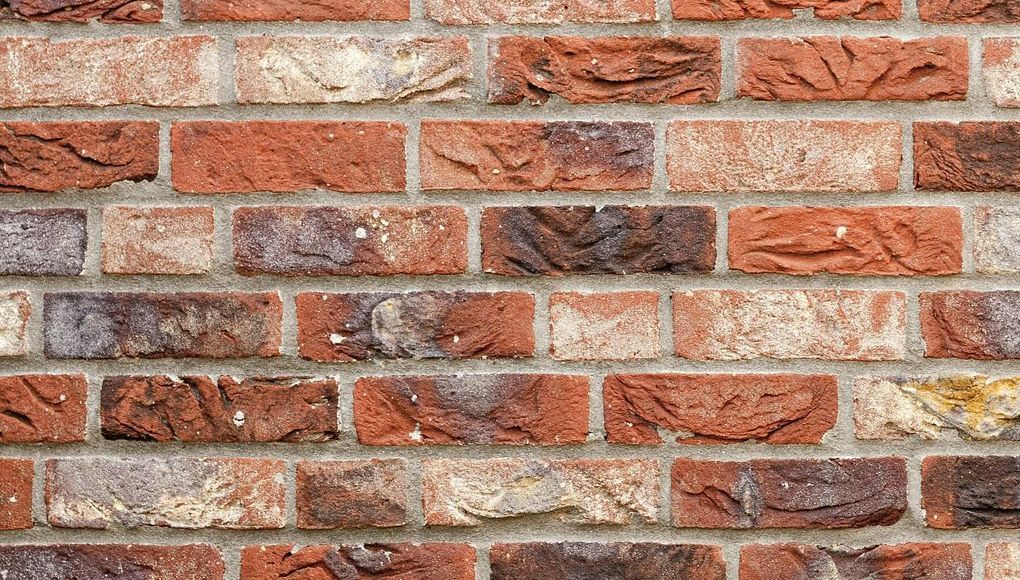Can Concrete Be Poured in the Winter?

It's a known fact that concrete can be poured in the winter, however, some important tips should be followed to ensure that the resulting structure is watertight and won't freeze. To achieve this, it's vital that the ground be properly prepared and the chemical composition of the concrete adjusted to suit the colder weather. Once the concrete is poured, it's important to keep the surface dry and cover it up to prevent frost from forming.
Pre-heat water and aggregates to mix with the cement
During colder temperatures, pre-heating water and aggregates before mixing with cement can help enhance the strength of concrete. The process can also help reduce the loss of workability of fresh concrete. Aggregates can be warmed to a temperature of about 120degF. Heat can then be transferred to the mix through the air entraining agent in the cement paste. This is a common industry best practice.
The effectiveness of impregnation is dependent on many variables. These include the type of lightweight aggregate, the type of cement paste, and the initial moisture content of the aggregate. But the most important factor is the size of the aggregates. Larger aggregates have more of an external shell than smaller ones. Consequently, concrete with larger aggregates is less likely to absorb water.
In addition to the initial moisture content, the type of LWA used has a substantial impact on the water absorption of the final composite. Pre-coating lightweight aggregates with cement pastes significantly reduced the water absorption. For instance, concretes made from pre-coated aggregates had an average decrease in water absorption of 34% to 52%, whereas concretes with unimpregnated lightweight aggregates had an increase of only 12%.
CEM I 42.5 R was used as the cement for the pre-coating experiment. A superplasticizer was added in a 1% ratio to the cement mass. After the slurry was placed into the cement paste, it was submerged for thirty minutes. As a result, the slurry became denser, which contributed to the higher compressive strength.
Pre-coating with a cement paste increased the density and the compressive strength of the concrete. Impregnation with a cement paste also reduced the water absorption. However, the effect of this process on concretes made from plain lightweight aggregates was not statistically significant.
In addition to the density and compressive strength of the composites, the reduction in water absorption also influenced the crushing resistance of the concretes. Concretes with impregnated lightweight aggregates had an average increase in crushing resistance of 11% to 107%. On the other hand, the compression resistance of concretes made from plain lightweight aggregates decreased.
Cover newly poured concrete to prevent frost formation
If you're planning on building a home, office, or other structure during the winter months, consider covering newly poured concrete to prevent frost formation. Cold weather can reduce the strength and durability of concrete, so it's a good idea to take precautions.
Aside from protecting concrete from ice and snow, you can also make use of thermal blankets and insulating foam to maintain the temperature of your finished project. Keeping the surface of your new concrete warm is the best way to prevent frost from forming.
The optimal concrete temperature is between 45 and 70 degrees Fahrenheit, with a lower temperature acceptable for thinner pours. Keep in mind that lower temperatures can also impact hydration. You can also install hydronic heating tubes or space heaters on the slab to maintain the minimum temperature.
For the best results, cover newly poured concrete to prevent frost formation in the winter. Use thick polythene or a tarpaulin for extra protection.
Although the cold weather may interfere with the curing process, you'll still have to wait for the concrete to attain its full strength. It is possible to finish your project in the cold, but it will take longer.
To determine the appropriate insulation level, you'll need to know the thickness of your concrete, the air temperature at the site, and how much cement is in the mix. Insulating foam blankets are commonly used to protect concrete from cold.
While there are several ways to keep your concrete warm, the most effective method is to cover it with a thick, insulated polythene. This can help you avoid premature freezing of the concrete and will keep it warm even in 20-degree temperatures.
One of the most interesting things about new concrete is that it's in the early stages of its lifecycle. As a result, it's able to absorb the temperature changes of the environment. However, cold temperatures can alter the curing process, reducing the strength and deteriorating the quality of your completed construction.
The most important thing is to take precautions to ensure that your project is safe and secure. You may want to invest in special frost blankets to provide a protective covering for your concrete.
Change the chemical makeup of concrete to suit a cold environment
If you are in the construction business, chances are you have at least one exposure to a chilly northeast locale. This can make or break your budget and sanity. For example, you might have to wait a few weeks before you can begin pouring concrete into place. Fortunately, there are a few tricks up our sleeves and some savvy contractors are willing to share. The first and foremost is to plan. Having a solid plan in place is the best way to avoid a sticky situation down the road. Besides, what could be more fun than pouring concrete into a well-thought-out plan? Alternatively, you could get a swarm of jack-of-all-trades to do the dirty work for you. Using a team of pros who know how to play can make the difference between a win and a loss. Hopefully, you are also fortunate enough to be in a locale with weatherproof properties.
Proper site preparation
If you are planning to pour concrete in the winter, it's important to do proper site preparation. This will help protect the quality and durability of your finished product. Proper site preparation includes evaluating the subgrade, removing weak materials, and choosing the right materials for filling.
To prepare your worksite for pouring concrete in cold conditions, you'll need to remove snow and ice from the area. You may also want to bring in a heater, which can thaw the ground and help to keep the work site at a high temperature.
You'll also want to check the weather forecast for your area. You'll need to know how warm the day will be and how long it will last. By keeping track of the forecast, you'll be able to prepare your site in advance.
Temperature is very important for a concrete pour. It's critical to ensure that the concrete doesn't freeze. Freezing is a serious risk since it can result in concrete that is weak and lacks durability.
For best results, it's essential to check the forecast for your area daily. If you are unsure, call the municipality and ask for the current temperature.
Keeping a temperature record is another key part of making sure your concrete is ready for pouring in cold weather. Many manufacturers have temperature recording charts that monitor external temperatures.
A cold weather pour can be challenging, but with a little additional planning, it can be done. Following best practices will help you avoid problems. Ensure that you have the proper mix from your supplier.
Using insulated forms is also a great way to keep your concrete from drying too quickly. These types of forms protect the edges and corners of your concrete and can help retain the heat needed to cure your finished product.
We hope that you enjoyed this article on whether concrete can be poured in the winter! If you have any other questions or concerns about pouring concrete in the winter, please feel free to contact us at 08 6186 7423. As always, thank you for reading, and we hope to hear from you soon!


